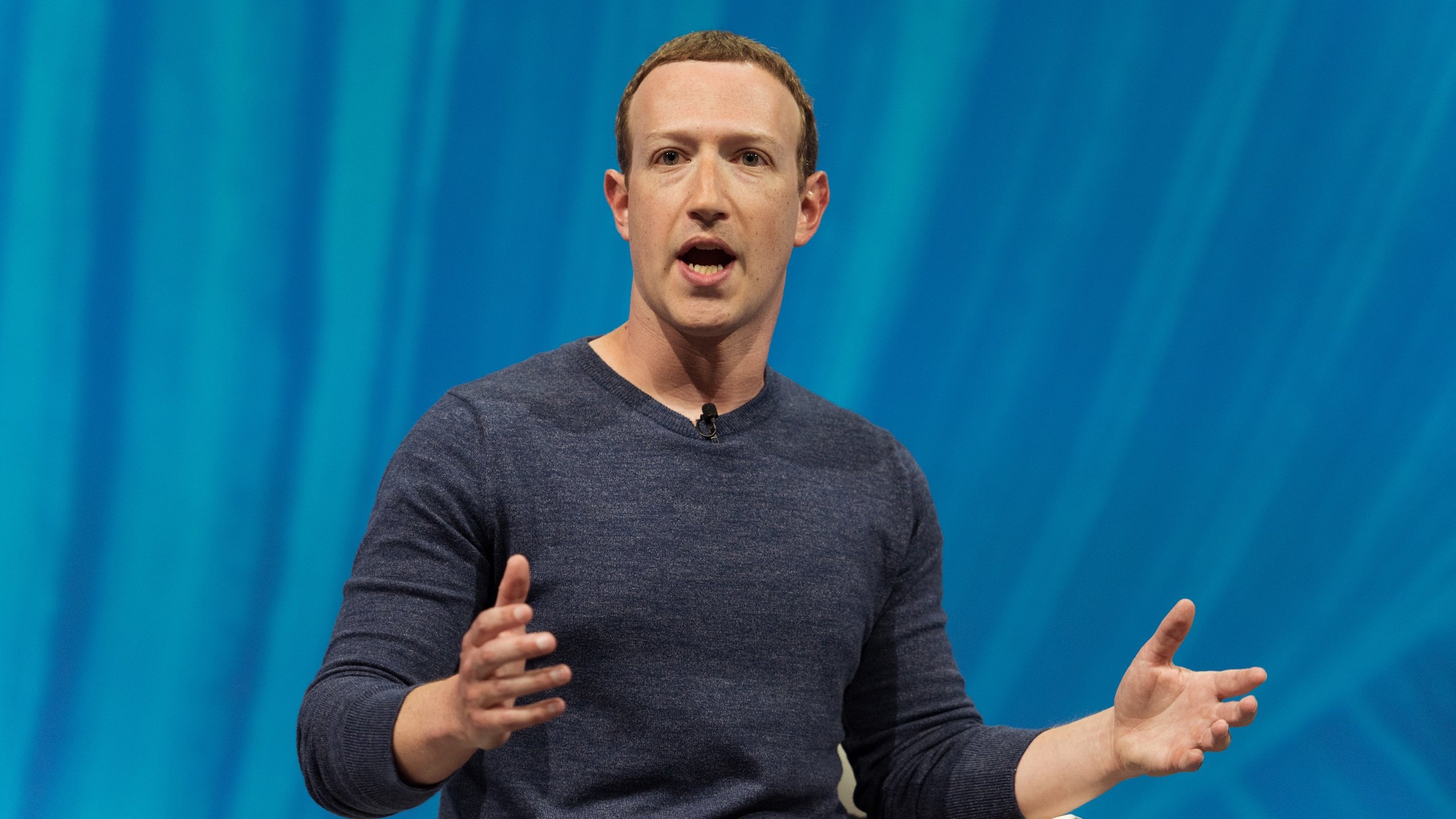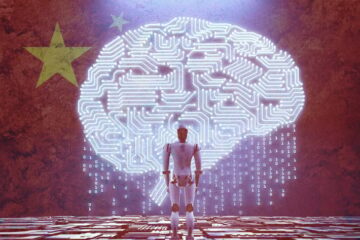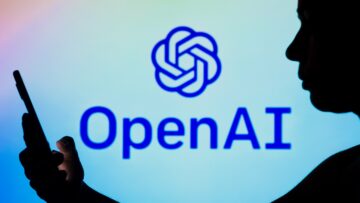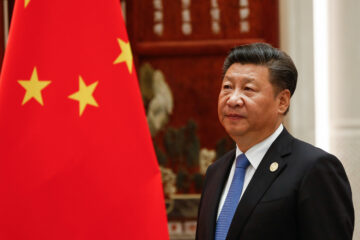
OpenAI, the Microsoft-backed startup, will not train the successor of GPT-4 “for some time” because of the concerns raised about the speed of its advancement.
The American startup launched ChatGPT, powered by the GPT-3 large language model, last November.
Iterative improvement
OpenAI launched one of the most anticipated generations of LLM, GPT-4, in March. GPT-4 is the latest and most advanced version of the firm’s large language models, which are incorporated into ChatGPT and several other applications. Already however, fans and commentators are looking ahead to GPT-5.
Just last week at a conference held by India’s Economic Times the OpenAI CEO was asked when the company intends to start training its next LLM.
“We have a lot of work to do before we start that model. We’re working on the new ideas that we think we need for it, but we are certainly not close to it to start,” said Altman.
Following the launch of GPT-4 and other relevant developments in the generative AI era, more than 1,000 tech leaders wrote an open letter calling for a pause on all major AI development and training until developers can better understand how these technologies function.
Elon Musk, Apple co-founder Steve Wozniak, and other notable figures signed the letter, which received over 1,377 signatures.
The letter also included signatures from Turing Prize winner Yoshua Bengio, professor of computer science Stuart Russell, Stability AI CEO Emad Mostaque, Getty Images CEO Craig Peters, and several other tech executives and prominent scientists.
A few weeks later, Altman said that the letter was “missing most technical nuance about where we need the pause,” but intended OpenAI had not started training GPT-5 and was not in the immediate plan for “some time.”
Interestingly, @OpenAI are still not training #GPT5, the successor to #GPT4 that lies behind #chatGPT due to concerns about the dangers posed by the misuse of large language models (#LLM|s). More details here: https://t.co/sFYZ353lIo
— Oliver Lord (@olivertlord) June 9, 2023
Altman has once again addressed the concerns raised by prominent voices in the field of AI. The startup has taken proactive steps to mitigate potential risks associated with AI by implementing rigorous safety measures, indicated Altman.
“When we finished GPT-4, it took us more than six months until we were ready to release it,” said Altman.
Altman previously emphasized in the interview that OpenAI opposes the regulation of smaller AI startups.
“The only regulation we have called for is on ourselves and people bigger,” argued the CEO.
Read Also: White House Takes Steps to Study AI Risks, Assess Impact on Workers
Waiting for better GPU?
The speculation on Twitter is that OpenAI may be waiting for better hardware to train the next generation of powerful GPT models.
“Waiting for GPUs and better data from GPT-4 interactions,” tweeted Bert Kastel in reaction to the news regarding OpenAI’s delay.
“Not enough Hardware for GPT-4 even,” argued Cristoph C. Cemper, Chief Prompt Officer at AIPRM.
not enough Hardware for GPT-4 even
— Christoph C. Cemper 🇺🇦 🧡 SEO&AI (@cemper) June 8, 2023
Oliver Lord, Head of Petrology at the University of Bristol Earth Sciences, has mentioned that OpenAI has not yet begun training GPT-5, which is the successor to GPT-4, the model powering ChatGPT.
The reason behind this decision is their concerns about the potential dangers associated with the misuse of LLMs, argued Lord.
[embedded content]
Microsoft to offer GPT models to government
Tech giant Microsoft is bringing the language-producing models from OpenAI to US federal agencies using its Azure cloud service, according to Reuters.
The company has extended its support within Azure Government to include the integration of OpenAI’s advanced LLMs, including the latest and highly sophisticated GPT-4, along with GPT-3.
It is the first time Microsoft is bringing the GPT technology to Azure Government, which offers cloud solutions to US government agencies.
This marks the first such effort by a major company to make chatbot technology available to governments.
- SEO Powered Content & PR Distribution. Get Amplified Today.
- EVM Finance. Unified Interface for Decentralized Finance. Access Here.
- Quantum Media Group. IR/PR Amplified. Access Here.
- PlatoAiStream. Web3 Data Intelligence. Knowledge Amplified. Access Here.
- Source: https://metanews.com/zuckerberg-our-metaverse-brings-people-together-apples-keeps-them-apart/
- :has
- :is
- :not
- :where
- 000
- 1
- 7
- 8
- 9
- a
- About
- advanced
- advancement
- again
- agencies
- ahead
- AI
- All
- along
- already
- also
- American
- an
- and
- Anticipated
- Apple
- applications
- ARE
- argued
- assess
- associated
- At
- available
- Azure
- Azure Cloud
- BE
- because
- before
- begun
- behind
- Better
- bigger
- Bringing
- bristol
- but
- by
- called
- calling
- CAN
- ceo
- certainly
- chatbot
- ChatGPT
- chief
- Close
- Cloud
- Co-founder
- commentators
- company
- computer
- computer science
- Concerns
- Conference
- content
- conversations
- Craig
- dangers
- data
- decision
- delay
- details
- developers
- developments
- do
- due
- E&T
- earth
- Earth sciences
- effort
- embedded
- emphasized
- enough
- Era
- Even
- Exclusive
- executives
- fans
- Federal
- few
- field
- Figures
- First
- first time
- For
- from
- function
- generation
- generations
- generative
- Generative AI
- giant
- Government
- Governments
- GPU
- GPUs
- had
- Hardware
- Have
- head
- Held
- here
- highly
- House
- How
- However
- HTTPS
- ideas
- images
- immediate
- Impact
- implementing
- in
- include
- included
- Including
- Inclusive
- Incorporated
- indicated
- integration
- intended
- intends
- interactions
- Interview
- into
- IT
- ITS
- language
- large
- Last
- later
- latest
- launch
- launched
- leaders
- letter
- lies
- looking
- Lot
- major
- make
- March
- May..
- measures
- Meta
- Metaverse
- Microsoft
- Mitigate
- model
- models
- months
- more
- most
- Musk
- Need
- New
- news
- next
- notable
- November
- Nuance
- of
- offer
- Offers
- Officer
- on
- once
- ONE
- only
- open
- OpenAI
- Other
- ourselves
- over
- pause
- People
- plan
- plato
- Plato Data Intelligence
- PlatoData
- potential
- powered
- powerful
- Powering
- previously
- prize
- Proactive
- Professor
- prominent
- raised
- reaction
- ready
- reason
- received
- regarding
- Regulation
- release
- relevant
- Reuters
- rigorous
- risks
- s
- Safety
- Said
- Sam
- says
- Science
- SCIENCES
- scientists
- service
- several
- Signatures
- signed
- SIX
- Six months
- smaller
- Solutions
- some
- sophisticated
- speculation
- speed
- Stability
- start
- started
- startup
- Startups
- Steps
- Steve
- Steve Wozniak
- Still
- Study
- such
- support
- taken
- takes
- tech
- Technical
- Technologies
- Technology
- than
- that
- The
- their
- These
- Think
- this
- time
- times
- to
- took
- Train
- Training
- true
- turing
- understand
- university
- until
- us
- US Federal
- us government
- using
- version
- VOICES
- Waiting
- was
- Watch
- we
- Weeks
- were
- when
- which
- will
- winner
- with
- within
- Work
- working
- yet
- youtube
- zephyrnet
- Zuckerberg












